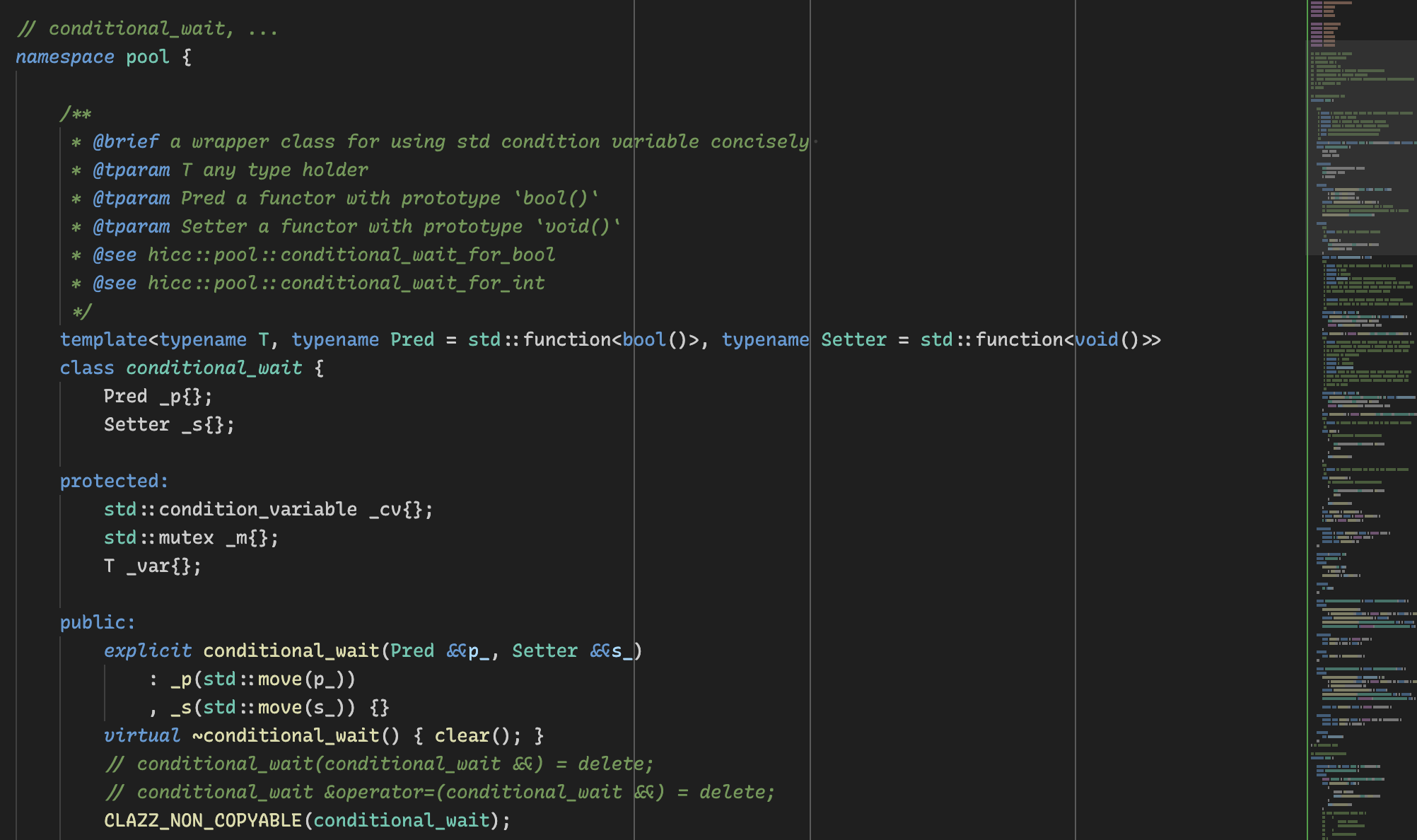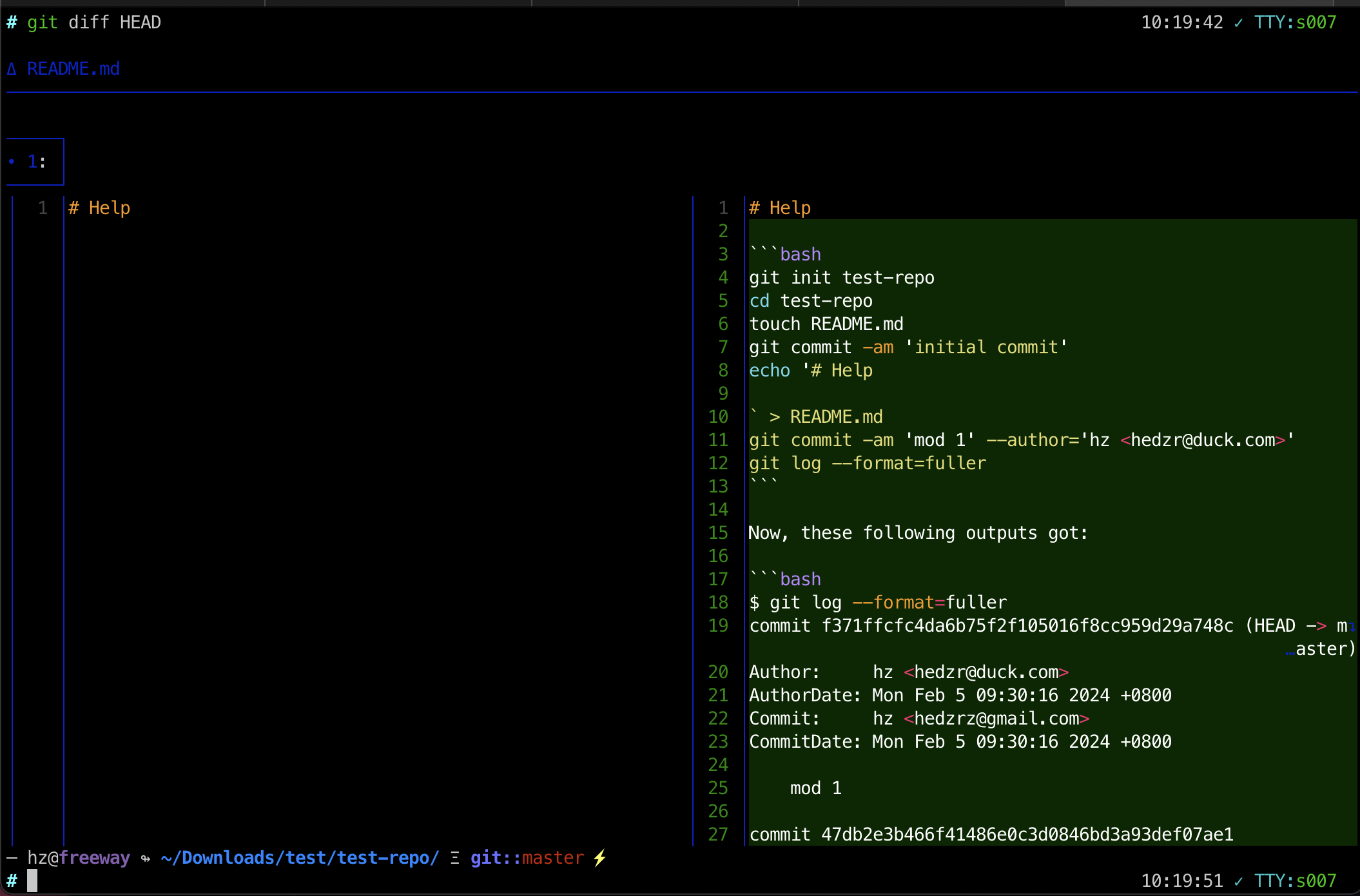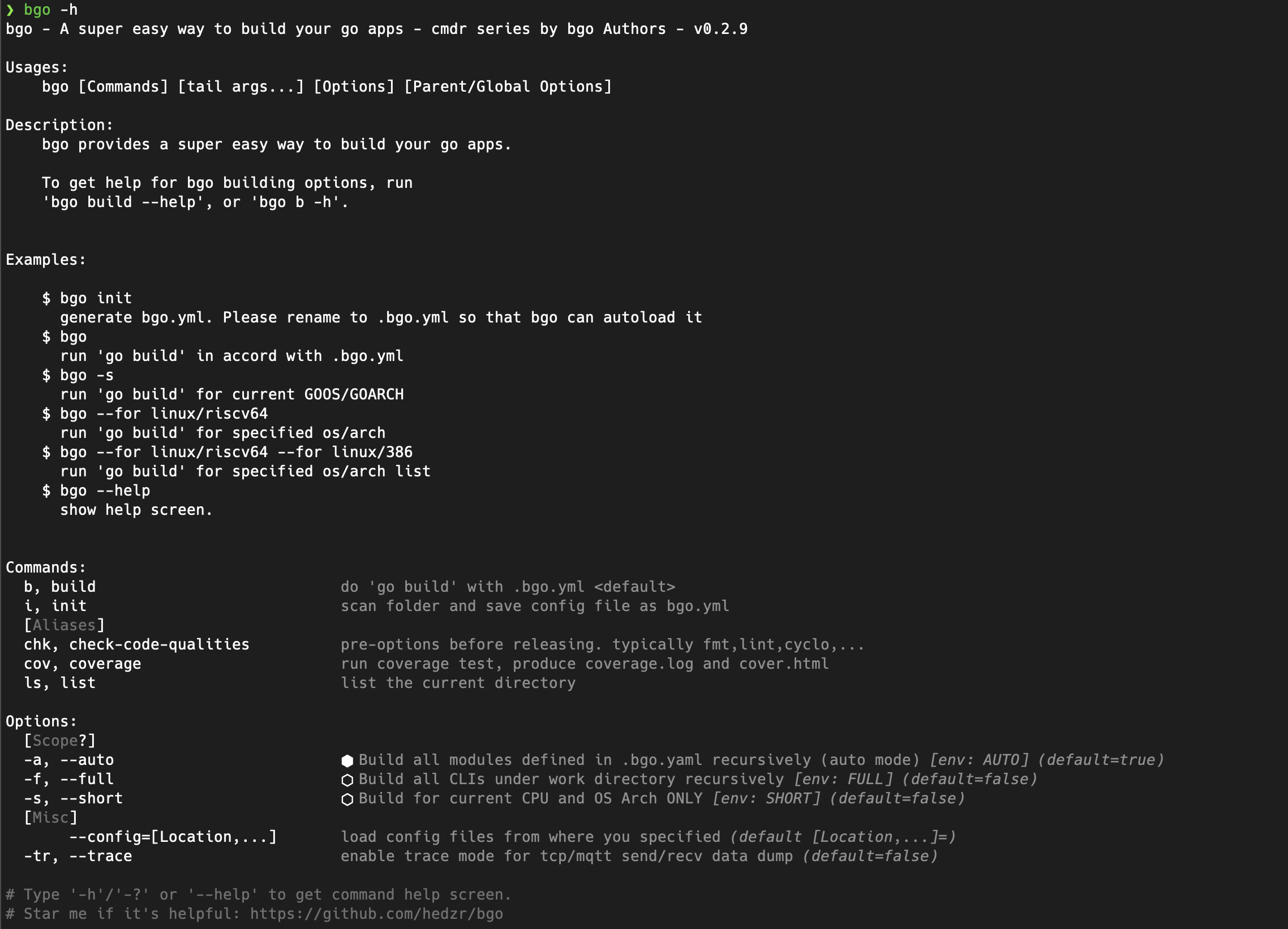错误示范
push_back 这么写是错的:
1
2
3
4
5
6
7
8
9
10
11
12
13
template<class T>
class threaded_message_queue {
public:
using lock = std::unique_lock<std::mutex>;
void push_back(T t) {
{
lock l(_m);
_data.push_back(std::move(t));
}
_cv.notify_one();
}
}
};//
入参 T t 导致了调用者在这里会发生一次临时对象 TMP 的复制,稍后在函数退出点处 TMP 还会被隐式析构。所以这个写法不是良构。
至于函数体中的 std::move(t) 也就是聊胜于无了,它并不会让 t 少掉 TMP 的复制,仅仅只是少掉了 t 到 _data 的一次复制而已。
正确工作
做模板类开发时,经常会遇到 push_back 的这种场景。
正确的 push_back 应该包含左值复制和右值移动两种语义,一般来说像是这样子:
1
2
3
4
5
6
7
8
9
10
11
12
13
14
15
16
17
18
19
20
template<class T>
class threaded_message_queue {
public:
using lock = std::unique_lock<std::mutex>;
void emplace_back(T &&t) {
{
lock l(_m);
_data.template emplace_back(std::move(t));
}
_cv.notify_one();
}
void push_back(T const &t) {
{
lock l(_m);
_data.push_back(t);
}
_cv.notify_one();
}
}
};
注意右值加上移动语义才是一对搭配。T t 和移动语义在一起只是一种错觉。
你还可以加上一个 push_back 的移动语义:
1
2
3
4
5
6
7
void push_back(T &&t) {
{
lock l(_m);
_data.template emplace_back(std::move(t));
}
_cv.notify_one();
}
这是因为按照约定,emplace_back 通常采用模板变参并实现 T 类的原位构造。这个话题我在 C++ 中的原位构造函数及完美转发 - 写我们自己的 variant 包装类 已经有过一定的讨论,这里就不详述了。
X-class
hicc::debug::X 是一个专门用来调试 RVO,In-place construction,Copy Elision 等等特性的工具类,它平平无奇,只不过是在若干位置埋点冰打印 stdout 文字而已,这可以让我们直观观察到哪些行为实际上发生了。
X-class 在构造函数的入参部分有相似的构造:
1
2
3
4
5
6
7
8
9
10
11
12
13
14
15
16
17
18
19
20
21
22
23
24
25
26
27
28
29
30
31
32
33
34
35
36
37
38
39
40
namespace hicc::debug {
class X {
std::string _str;
void _ct(const char *leading) {
printf(" - %s: X[ptr=%p].str: %p, '%s'\n", leading, (void *) this, (void *) _str.c_str(), _str.c_str());
}
public:
X() {
_ct("ctor()");
}
~X() {
_ct("dtor");
}
X(std::string &&s)
: _str(std::move(s)) {
_ct("ctor(s)");
}
X(std::string const &s)
: _str(s) {
_ct("ctor(s(const&))");
}
X &operator=(std::string &&s) {
_str = std::move(s);
_ct("operator=(&&s)");
return (*this);
}
X &operator=(std::string const &s) {
_str = s;
_ct("operator=(const&s)");
return (*this);
}
const char *c_str() const { return _str.c_str(); }
operator const char *() const { return _str.c_str(); }
};
} // namespace hicc::debug
![]()




留下评论